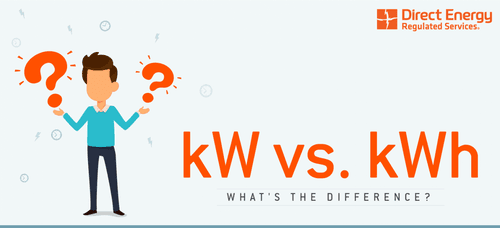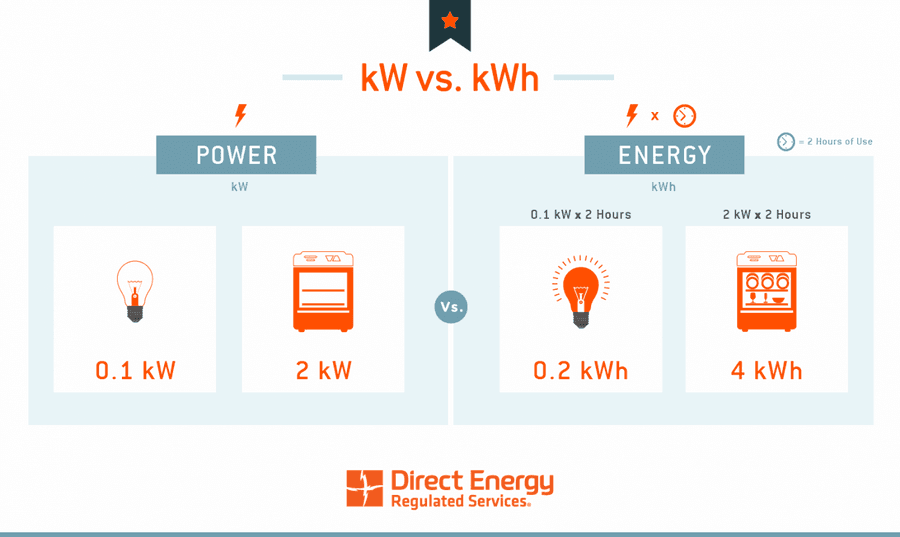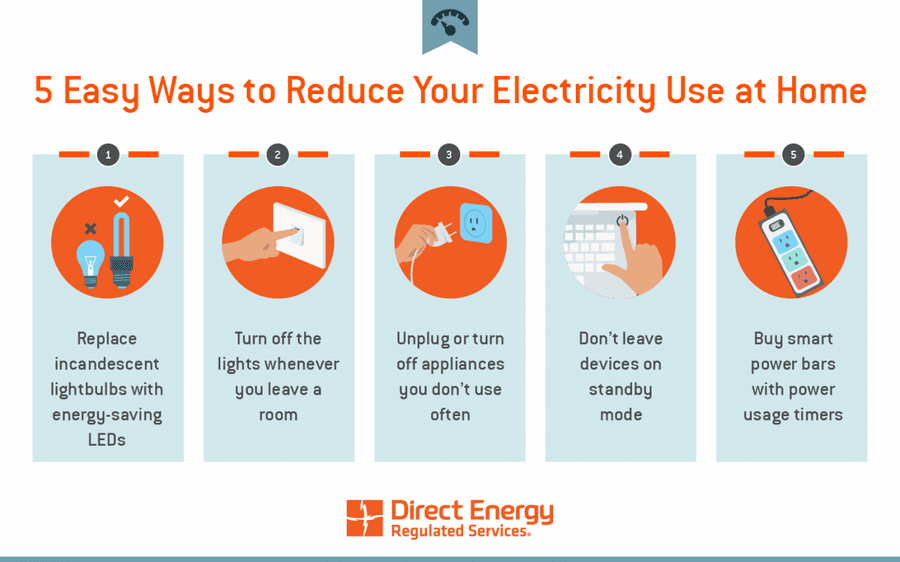Explore the World's Best Ideas
Join today and uncover 100+ curated journeys from 50+ topics. Unlock access to our mobile app with extensive features.
What’s the Difference Between kW and kWh?
The main difference between kWh and kW is in what they measure:
- To put it simply, a kilowatt is a measure of power.
- A kilowatt-hour is a measure of energy; power is the rate at which something uses energy, and energy is the capacity to do work. On your energy bill, the kWh measures the amount of energy that an appliance or device needs to run for one hour.
15
193 reads
The Kilowatt
A kilowatt is simply a measure of how much power an electric appliance consumes—it’s 1,000 watts to be exact. You can quickly convert watts (W) to kilowatts (kW) by diving your wattage by 1,000:
1,000W / 1,000 = 1 kW.
11
37 reads
The Kilowatt-Hour
A kilowatt-hour measures the energy an appliance uses in kilowatts per hour. For example, if you clean your floors with a 1,000-watt vacuum cleaner for one hour, you consume 1 kWh of energy.
Let’s go over a few examples of kW vs kWh in the context of low- and high-power appliances:
- Lower watts : If you are using a 100-watt device, such as a plasma TV, you would have to watch your favorite shows for 10 hours before reaching 1 kWh.
- Higher watts : If you are running a 2,000-watt appliance, such as a clothes dryer, you only need to power it for 30 minutes to reach 1 kWh.
11
18 reads
How Do You Calculate kWh vs. kW ?
Let’s use a 1500W dishwasher you use for two hours per day as an example for calculating kW and kWh on a monthly basis:
- Divide the wattage by 1,000 to calculate kW: 1500 watts / 1,000 = 1.5 kW
- Multiply the kilowatts by the hours of daily use: 1.5 kW X 2 hours = 3 kWh per day
- Find the total energy usage for a month (30 days): 3 kWh X 30 days = 90 kWh per month
For this example, we’ll say it’s $.07 per kWh:
- 90 kWh X $.07 per kWh = $6.30 per month
12
15 reads
How Do Companies Measure My Usage?
Utility companies measure your kWh with digital meters right outside of your home where the power line goes into the property.
While traditional meters require a utility service to come to your home, newer digital meters have an electronic display that uses a high-frequency signal to send data to the utility companies.
11
18 reads
Monitor Your Electricity kWh
Now that you have a better understanding of kW versus kWh, and the different uses of electricity, you can take a closer look at your bill and begin to analyze your energy consumption. For a more detailed understanding, consider investing in a home energy monitor.
Many monitors available today are wireless and display your home’s energy consumption in an app. Depending on which monitor you choose, you may even be able to turn appliances on and off when you’re away from home using the app.
10
13 reads
Lower Your Energy Costs
You can lower your electricity bill by following some easy energy-saving practices:
- Replace incandescent lightbulbs with energy-saving LEDs.
- Unplug or turn off appliances if you’ll be away from home for a few days, and resist the urge to leave your devices on standby when you don’t need them.
- Look into buying smart power bars for parts of your home with several electronic devices.
- You can set a timer on a smart power bar so that it automatically turns off power to the devices overnight.
- Turn off the lights whenever you leave a room.
11
17 reads
IDEAS CURATED BY
What's the Difference? Our purpose is to clear people with the similar terms and things on which people get confused.
What's the difference? 's ideas are part of this journey:
Learn more about scienceandnature with this collection
How to make sustainable choices in everyday life
Identifying ways to reduce waste and conserve resources
Understanding the impact of human actions on the environment
Related collections
Similar ideas
9 ideas
8 creative energy saving ideas
globirdenergy.com.au
15 ideas
40 Ways to Save Money on Monthly Expenses - The Simple Dollar
thesimpledollar.com
5 ideas
How to Reduce Your Carbon Footprint
nytimes.com
Read & Learn
20x Faster
without
deepstash
with
deepstash
with
deepstash
Personalized microlearning
—
100+ Learning Journeys
—
Access to 200,000+ ideas
—
Access to the mobile app
—
Unlimited idea saving
—
—
Unlimited history
—
—
Unlimited listening to ideas
—
—
Downloading & offline access
—
—
Supercharge your mind with one idea per day
Enter your email and spend 1 minute every day to learn something new.
I agree to receive email updates


